
Starting your savings journey
Build a brighter financial future
Ready to start taking saving seriously? That’s music to our ears.
Whether you’re starting out on your career, planning for the unexpected, or working towards some long-term goals – it’s never too early or late to start saving. But where to start?
Right here, that’s where! In this guide we’re breaking down the basics of saving into simple steps, practical tips and creative strategies that will have you saving like a pro in no time.
Want to know more?
If you’re ready to kick-start your savings journey, we’d love to chat about how we can help make your savings dreams come true.
1. Get clear on where you are
The first step to financial freedom is understanding where you’re at. The easiest way to get started is to do a self-audit. Think of it like a check-up for your finances. It’s your chance to see exactly what you’re earning and where that money is going.
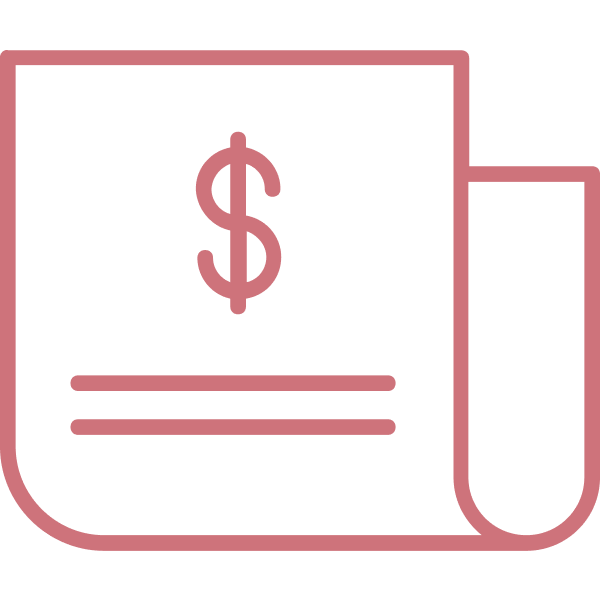
Income
Start by jotting down any regular earnings – salary, interest payments, bonuses or commissions, other income streams.
Then do some maths to get a number for your monthly income.
Expenses
Gather your expenses from the last 90 days – debit and credit card statements, online payment lists and cash receipts.
Add them up and divide by 3 for your monthly expenses.
Savings
And finally, subtract the expenses from income and voila!
The number you’re left with is what you can already put towards regular savings every month.
2. Figure out where you’re going
Next up is to think about what you want out of saving. This could be as simple as building better habits, or as ambitious as buying a home. Whatever your goal, having it in mind will help keep you motivated to save.
Based on where you are now, will you be able to reach your goals? If you’re on track, keep up the good work! If your savings goals are greater than your current saving ability, it’s time to make some changes to your income or your spending.
Alternatively, you might need to focus on one or two goals at a time, or give yourself more time to save.
Save for an emergency
Your very first savings goal should be to build an ‘emergency fund’ – a dedicated chunk of savings for the unexpected.
Aim to save enough to cover three months of expenses, then six months if you can. With that money squirreled away you’ll be well placed to face whatever life has to throw at you, without relying on credit cards or loans.

3. Make a plan for how to get there
Feel like you’ve got a good handle on your finances? Now the fun begins – turning that financial self-audit into a budget.
Okay, it may not sound like the most fun, but it is one of the best ways to reach your savings goals. Go through all your transactions and categorise them into things like bills, transport, groceries, etc.
Some expenses you won’t be able to do much about – looking at you rent and groceries – but others might have snuck up on you. Try to find some areas where you could cut back and add the difference to your savings.
Remember to make room for a little fun, too. If your budget is too strict, you’ll likely leave it behind. Better to be realistic and plan for moments you love as well as saving for the future.
Financial advice for every stage of life
No matter where you are in life, your finances play an important role.
That’s why we’ve partnered with Bridges – one of Australia’s largest financial planning organisations – to make sure you have the help you need to achieve your financial goals.
Working together we’ll help you understand your finances and develop a strategy that works for you. After all, who doesn’t want some expert help every now and then?
Get the ball rolling. Call us on 1300 004 863 for a free initial appointment.

4. Consider your options
Now that you know where you are and where you’re heading, it’s time to think about where you’re putting your hard-earned cash.
Splitting your finances into an everyday and a savings account is a simple and effective way to break any mindless spending habits.
Parking your cash in a high interest savings account won’t just keep it safe, but help those savings to grow! And if you’ve got a decent chunk of change already, it might be worth thinking about a term deposit – learn more about that over here.
Whichever way you go, here are some things to keep in mind:
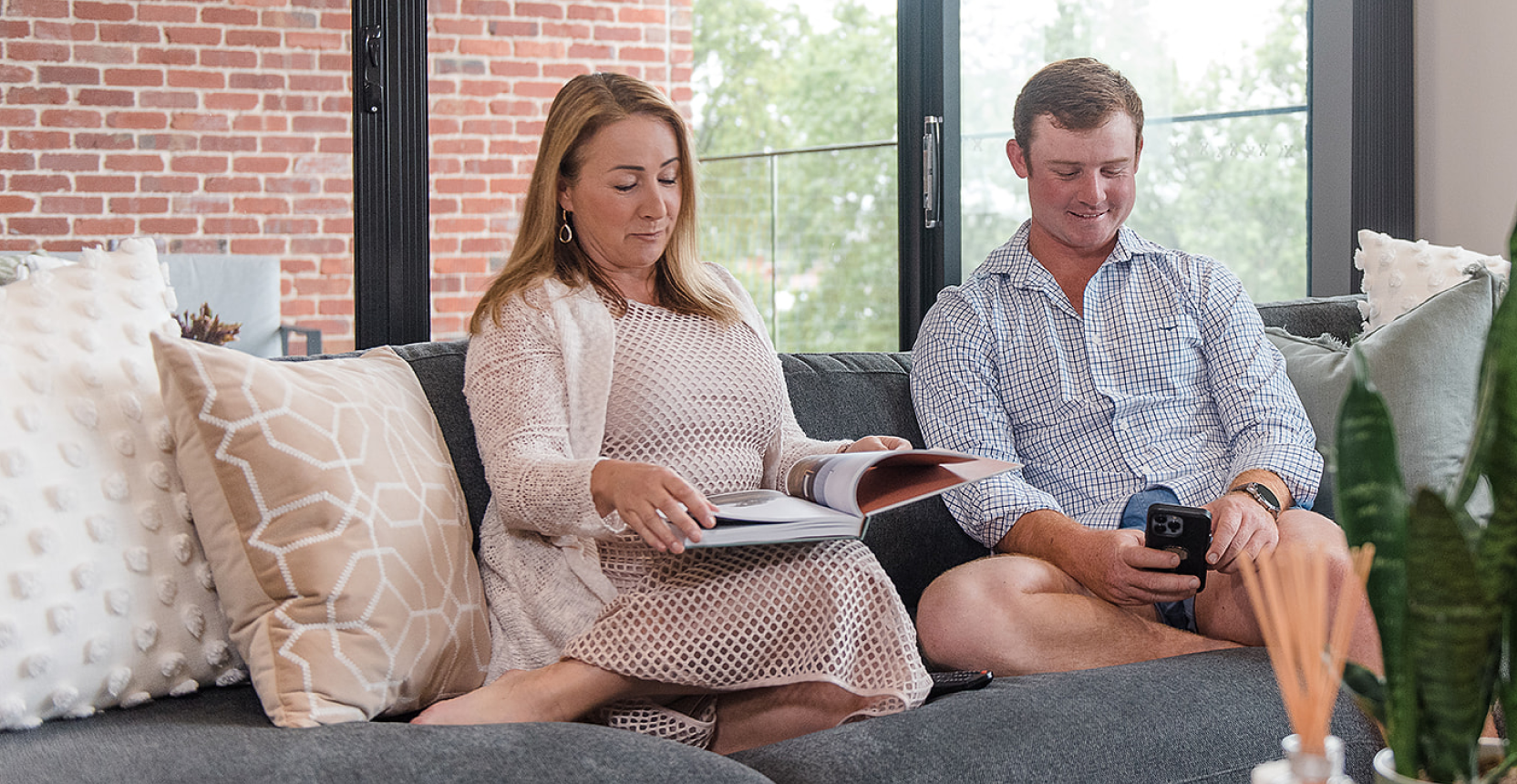
Interest rates
Look for the highest interest rate you can to make sure your money is working as hard as you are – and try to match inflation if you can.

Bonus interest
Some accounts will offer higher interest rates if you meet criteria like no withdrawals or regular deposits – snag one if you can.

Minimum deposits
Lots of savings accounts have a minimum amount that needs to be deposited each month, so make sure you’ll be able to meet it.
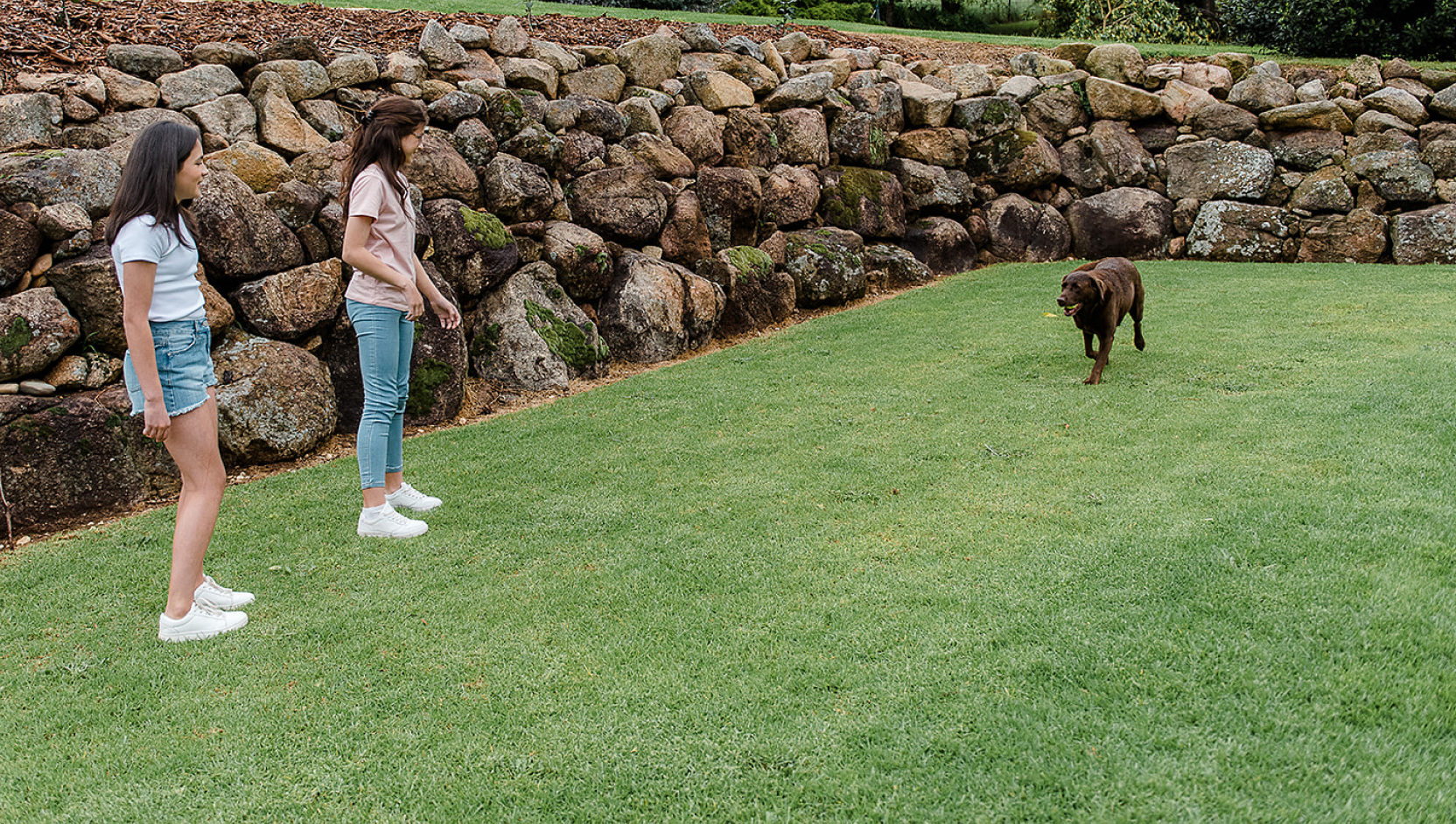
Fees & charges
Avoid accounts that charge fees that would eat into your savings over time – there are now plenty of fee-free options out there.
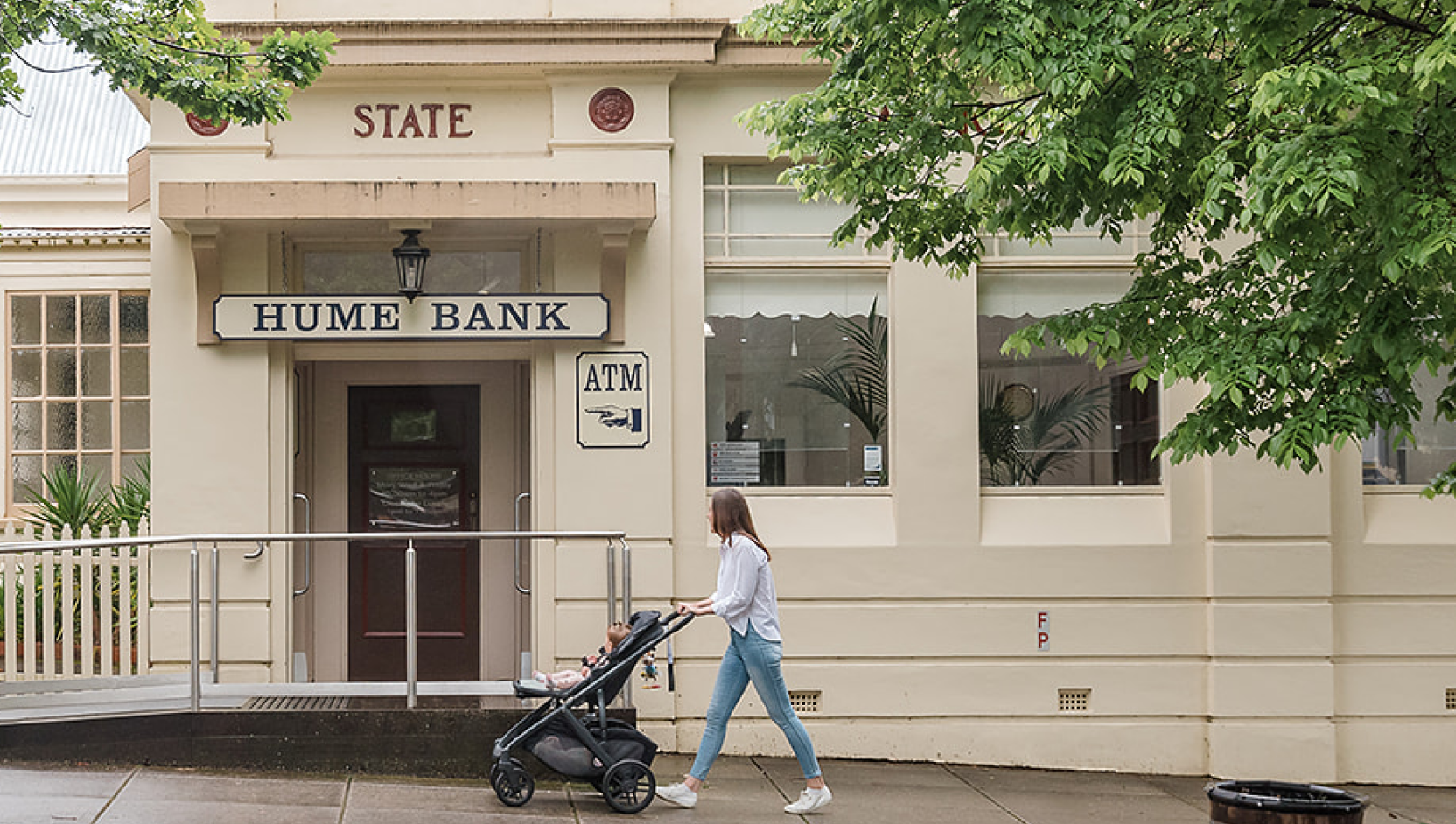
Accessibility
Some accounts limit your ability to withdraw cash – which can be good or bad, depending on your situation and savings strategy.

Convenience
Features like automatic transfers, linked accounts and mobile banking will make it easier to grow and track your savings over time.
A quick refresher on interest & inflation
Earning interest on your savings is even more important when you think about inflation. As inflation rises, the power of your money decreases – the same amount of money will buy less in the real world.
If you’re not earning interest on your savings, or your interest rate is lower than the inflation rate, the real value of your savings will shrink over time.

5. Choose an account to grow your savings
As you can see, no matter what stage of life you’re at, getting serious about saving means putting aside the old piggy bank.
Once you’ve got a sense of the features you’re looking for in a savings account, get out there and find your perfect match!
Bank online, anytime
6. Make debt work for you
The best thing you can do for your savings is to get rid of as much debt as you can. The more repayments you have to make, and interest you accrue, the more you could be eating into potential savings.
The one exception would be if you have HECS-HELP debt. This is as close as you can get to ‘good’ debt, as it doesn’t accrue interest, there’s no deadline for when you need to pay it off, and repayments scale with your earning.
7. Get into a regular habit
Now that you’ve got all the basics sorted, let’s kick things up a notch. There’s no better way to start your financial journey than finding ways to make saving a habit.
One easy option is to ‘pay yourself first’. Figure out how much you can afford to save each month, and set up an automatic transfer into your savings account a few days after your paycheck arrives each month.
And don’t be afraid to start small. If you put just $20 into your account each week, you’d have over $1,040 saved by the end of the year. All that for the price of a good Pad Thai once a week!
Do more with your money
8. Cut costs where you can
The rising costs of living has put a lot of pressure on Australians. And while there are certain things we just can’t avoid paying for, there are ways we can shave off costs to create more savings.
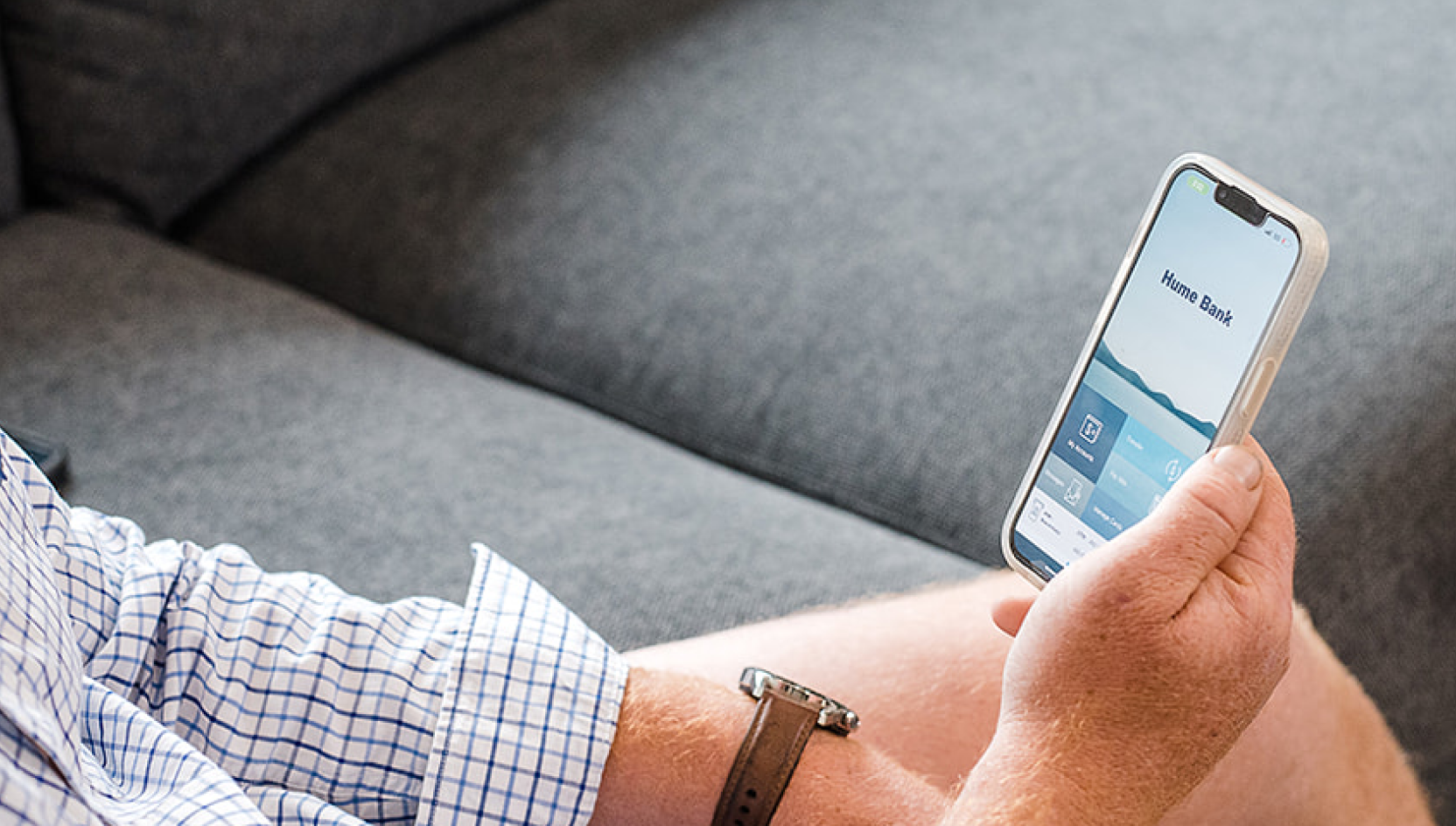
Review your utility accounts
Are you getting the best deal on your electricity, water, internet and gas? Can you get discounts for paying up front or on time?

Supercharge groceries with a weekly shop
Did you know that the cheaper brands are usually stocked on the bottom shelves? Look down to save, and buy in bulk if you can.

Prep your meals for the week ahead
Having meals on hand will reduce the temptation of take away, helps reduce food waste – better for you and the planet.
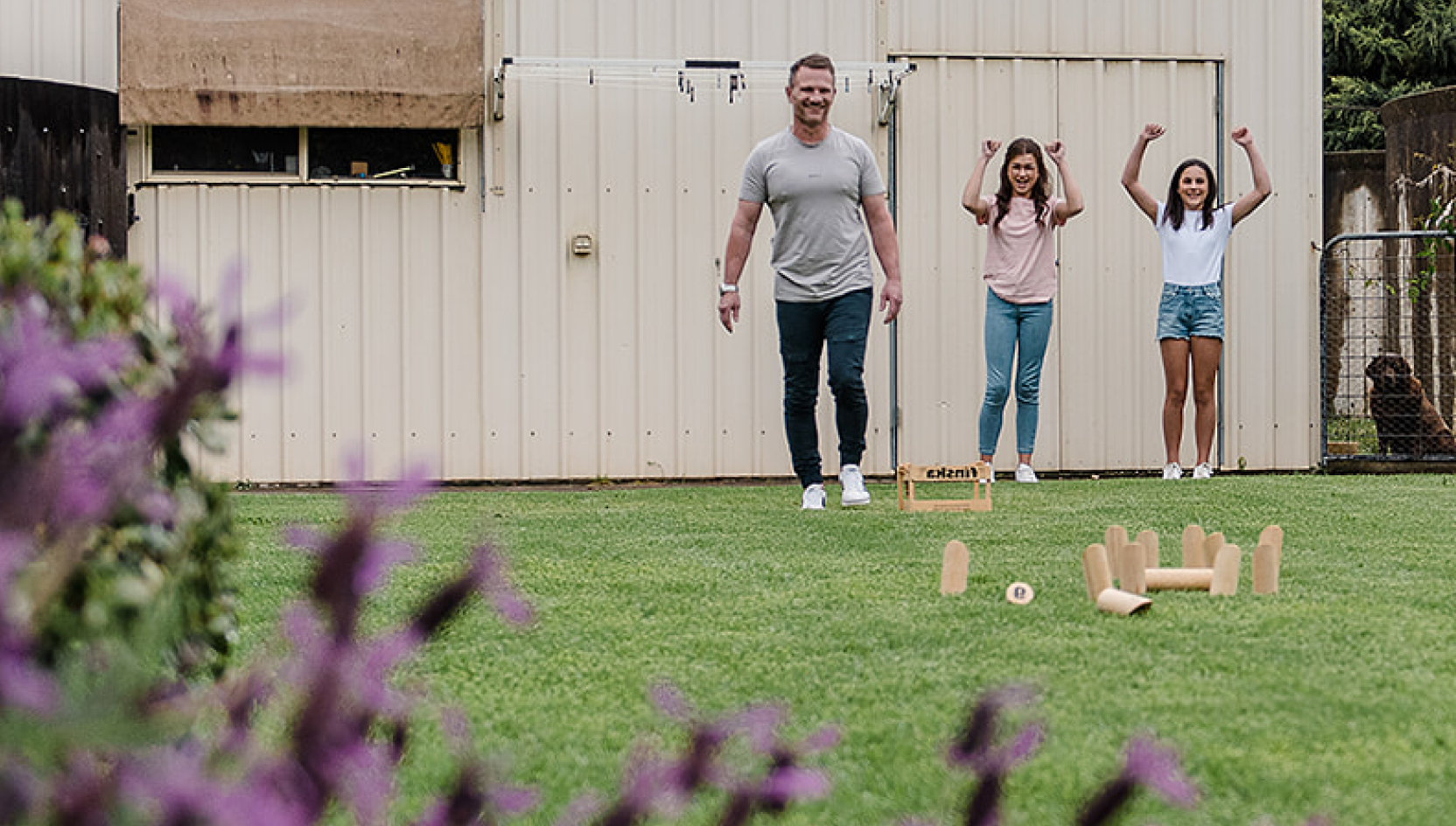
Skip the gym to workout at home
There are lots of free or low-cost workouts and classes online. Try going outside with friends to keep costs low and motivation high.

Check in on your phone plan & usage
Could you be getting a better plan? There are many options out there, and it is possible to negotiate better deals.

Review your transport costs
Is there a way to walk, cycle, or take public transport? Try the Fuel Australia app to find the cheapest fuel in your area.
9. Keep an eye on your progress
If you’re feeling overwhelmed right now, don’t lose heart! It’s normal to feel uncertain as you start out. But with a little time and effort, we’ll have you saving like a pro sooner than you’d think.
That said, it’s important that saving doesn’t come in between you and your life either. Remember to leave room in your budget for little treats and moments you enjoy. And try to find ways to stay motivated as you go.
Find ways to stay motivated
Check in on your savings for the rush of seeing your savings tick close to your goals.
Or try setting – and celebrating! – smaller progress goals along the way to make saving feel like less of a burden.

Different strokes for different folks
It doesn’t matter who you are, what your savings goals are, or what stage of life you’re in. We’ll help you save bigger and earn better so you can reach your dreams – whatever they may be.
I am looking to...
save for the next big thing
I am looking to...
save for my retirement
I am looking to...
save for the little ones
Things you should know
Rates, fees and charges and other information correct as at 21 November 2025 and may change without notice.
Terms, conditions, fees, charges and eligibility criteria apply.
Please read the Product Disclosure Statement and Fees & Charges and consider whether this product is right for you. Also available in branch or at 1300 004 863.
To view the Target Market Determination for this product go to Target Market Determinations.
Download a copy of our Personal account rates. Find out how to reduce your fees and charges.
Unapproved debit balances incur interest at 15.90% p.a. calculated daily on full closing balance and debited on the last calendar day of each month.
* Interest is calculated daily and paid monthly.
** Interest is calculated daily and paid monthly. Bonus interest is calculated daily and paid monthly provided that $10 or more was deposited and no withdrawals were made in the month. Deposits must be made by 5pm on the last day of the month to earn bonus interest.
*** Interest is calculated daily and paid on maturity.
Chequebook access only available on accounts that have an existing cheque facility attached with a chequebook issued prior to 30 June 2025.













